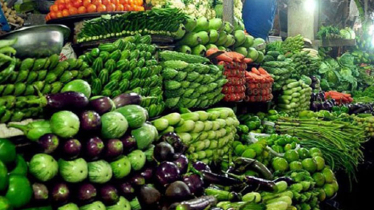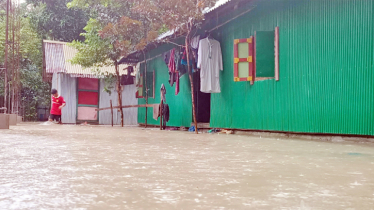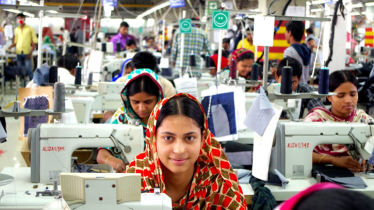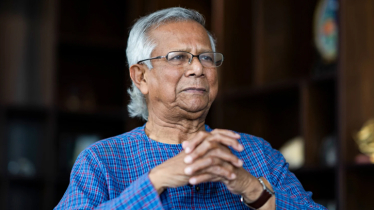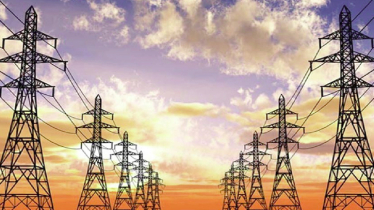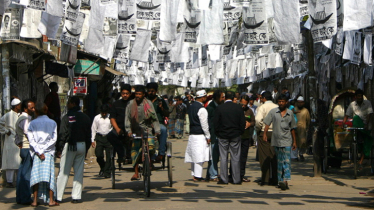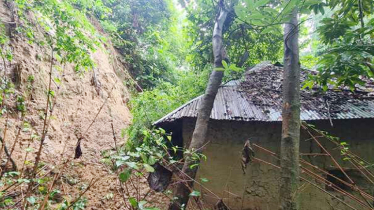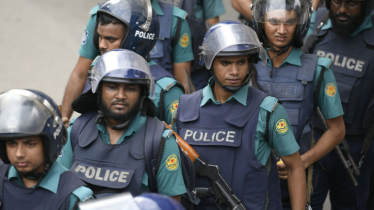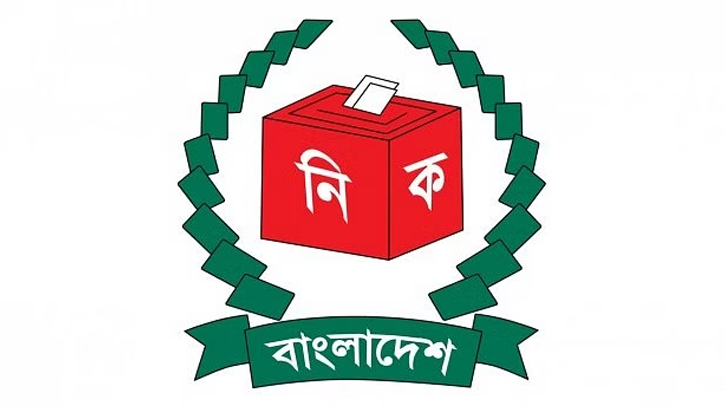
Photo : Messenger
Candidates for the upcoming 12th parliamentary elections scheduled for January 7 have revealed their information relating to income and assets, along with those of their family members, in the submitted affidavits. The income of the majority of candidates has increased, with some showing discrepancies that appear inconsistent with the prevailing socio-economic conditions in the country, especially a significant number of MPs and ministers among those displaying substantial growth.
Despite a prolonged global recession triggered by the COVID-19 pandemic and exacerbated by the Russia-Ukraine war, many factories and institutions in many countries, including Bangladesh, have been forced to shut down. The country faces high unemployment rates, exemplified by a BIDS survey report revealing that 42-48% of National University graduate pass students are unemployed. Simultaneously, skill shortages persist, and recent reports indicate a rise in poverty, with IFPRI revealing an increase of at least 2,751,000 poor people in Bangladesh in 2022.
Furthermore, the public sector is grappling with substantial debt, exceeding a debt-to-GDP ratio of 45%. The tax-GDP rate remains at 8–9%, with a meagre income tax return filing amount of 23 lakhs. Despite these economic challenges, there is a conspicuous emergence of newfound wealth, as per Bangladesh Bank reports. The number of millionaire depositors in the banking sector has risen from 109,946 in December 2022 to 113,586 by September 2023, a drastic increase from the five reported in 1972. The sources of income for these people remain largely undisclosed.
The escalating income and wealth disparities among prospective leaders, particularly the candidates for the upcoming parliamentary election, have become a focal point of national discussion, prompting the need for swift investigation. Although the Anti-Corruption Commission (ACC) is entrusted with scrutinising the financial gains of election candidates, it has displayed a lack of interest in the matter. Consequently, corruption has permeated society, eroding public trust and hindering the government’s purported zero-tolerance policy against corruption. The persistence of corruption has hampered annual growth, maintaining it at a modest 4-5% and exacerbating income and wealth inequality, solidifying corruption as a formidable challenge for the country.
We believe that the relevant authorities should carefully examine the affidavits submitted by candidates involved in the 12th Parliament election, with a particular emphasis on those whose reported rise in income and wealth raises questions.
Messenger/Fameema

